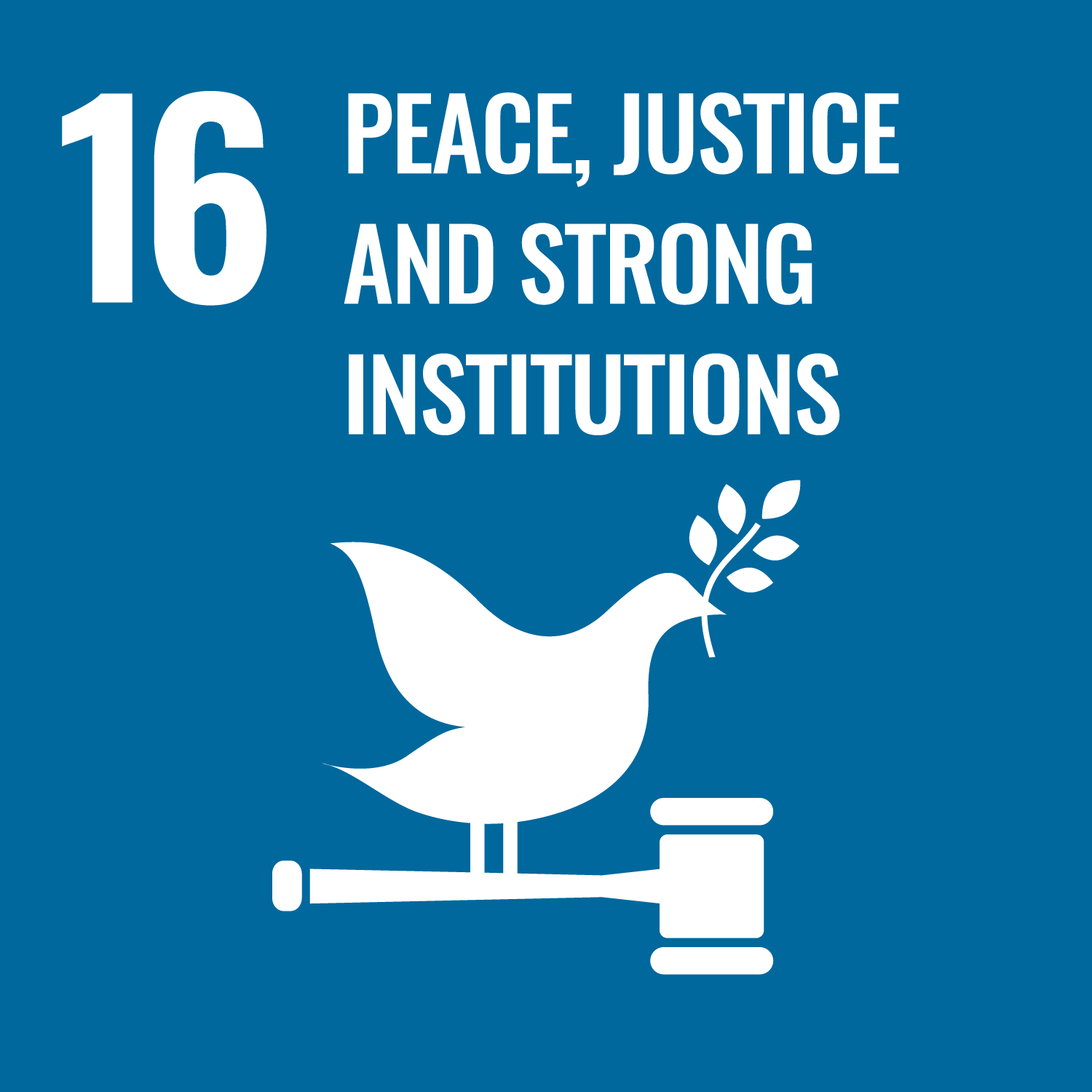Adams, G
(2016)
Asymmetries between victims' and transgressors' perspectives following interpersonal transgressions.
Social and Personality Psychology Compass, 10 (12).
pp. 722-735.
ISSN 1751-9004
![]()
Abstract
When interpersonal transgressions occur, the involved parties try to understand what occurred and how justice should be restored. However, research has documented that victims and transgressors often diverge in their accounts of what transpired. In this paper, I review and summarize empirical research on victims’ and transgressors’ asymmetric perceptions of interpersonal transgressions, and the different justice-restoring responses each party subsequently desires. By conceptualizing transgressions in terms of the social roles of victim and transgressor, I contend that justice responses can be thought of as attempts to correct inequitable distributions of material and symbolic resources. This social exchange perspective enables us to understand each parties’ motives and how various justice responses might satisfy them. I argue that because of these asymmetric perspectives, reconciliation is difficult and conflict is liable to be perpetuated rather than resolved.
More Details
| Item Type: | Article |
|---|---|
| Subject Areas: | Organisational Behaviour |
| Additional Information: |
© 2018 John Wiley & Sons, Inc. This is the peer reviewed version of the following article: Adams, G. S. (2016) Asymmetries between victims' and transgressors' perspectives following interpersonal transgressions. Social and Personality Psychology Compass, 10: 722–735, which has been published in final form at https://doi.org/10.1111/spc3.12291. This article may be used for non-commercial purposes in accordance with Wiley Terms and Conditions for Self-Archiving. |
| Date Deposited: | 05 Oct 2016 11:33 |
| Date of first compliant deposit: | 05 Oct 2016 |
| Subjects: |
Social roles Punishment |
| Last Modified: | 13 Aug 2025 01:29 |
| URI: | https://lbsresearch.london.edu/id/eprint/544 |




